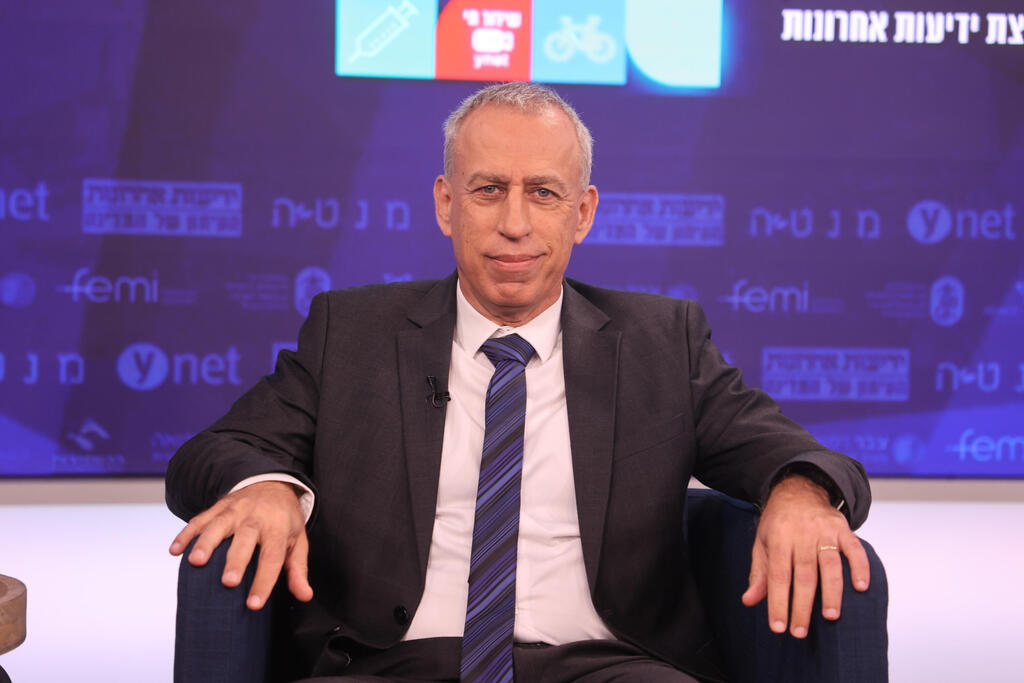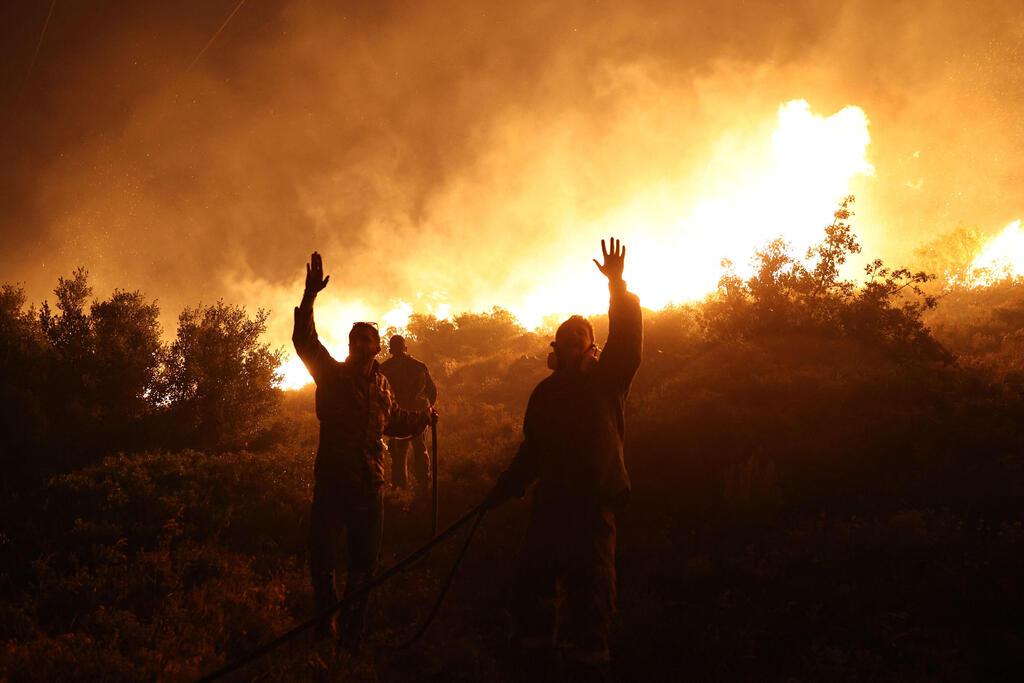Health Ministry Director-General Prof. Nachman Ash warned on Monday that Israel is unprepared to tackle future climate emergencies.
"We're still studying the subject and trying to gauge the significance of global warming, even in the context of climate emergencies we're seeing in Europe and in general," Ash told a healthcare conference, referring to a searing heatwave that was sweeping through the old continent accompanied by devastating wildfires.
"It's true that we're used to living in a hotter climate compared to Europe, but we have to prepare for a scenario of a significant rise in temperatures that will hurt people.
This is part of the overall preparation for various emergency situations — pandemics, global warming, earthquakes. The health system must be able to handle such scenarios."
Prof. Ash also said that Israel's healthcare system was expected to receive its first batches of the monkeypox vaccine — a total of 5,000 units — Tuesday afternoon, just days after the World Health Organization declared the disease a global health emergency.
"Over the past two months, we've handled this illness, which is new to our regions and especially to such extent.
"We had to build our own capabilities. We counted initially on centralized capabilities, including testing capabilities, and decisions were made in a top-down approach," he said.
"In recent weeks, due to the increase in the number of infections, we decided to spread it out. There is a vaccine shortage worldwide and there was a great effort to fly in the amount we were able to."
Prof. Ash said that the ministry was trying to avoid stigmatizing certain groups that are particularly vulnerable to the illness, namely, sexually active gay men.
"We wanted to manage it sensitively. It is not a matter of concern, you can't stigmatize these things. The discourse among the community was informative because in many cases there was contact," he said.
I think it was managed well and I don't think there is a problem of awareness among those who are at risk of the disease. They know what to do and how to be careful, and in my estimation, they will also come to get vaccinated. The sensitive approach worked out."



